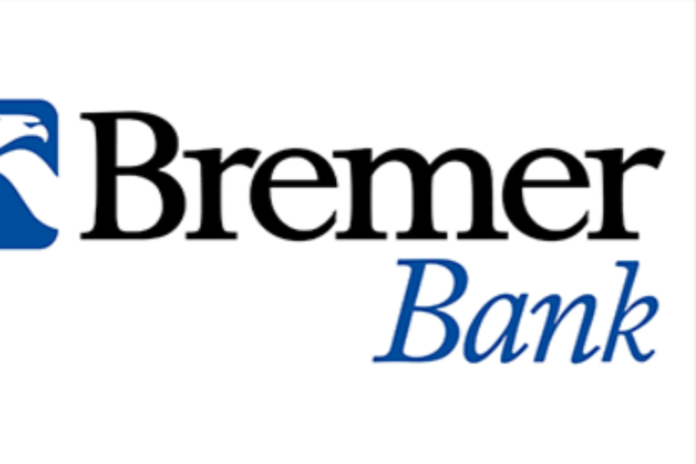Starting in 2020, St. Paul will set aside $50 in a savings account at Bremer Bank for every child born this year or later, who either lives in the city or moves to St. Paul by age six. The program’s boosters say it seeks to “instill a college-going mindset in children while boosting the financial literacy of their parents.”
Of course, St. Paul doesn’t have the money for this. Instead, the money comes from the bipartisan Omnibus Education bill (HF1), which allocates $500,000 to the program over two years. No doubt more money will be asked for later.
But instead of routing the money through Minnesota’s existing 529 college-savings plan, which offers state and federal income benefits as well as growth-potential via the stock market, St. Paul’s Melvin Carter has opted to place the money in savings accounts at Bremer Bank. Those savings accounts yield just 1.05 percent each year.
Yet inflation has averaged over 2 percent over the last several decades, and college-price inflation has been much higher. That means that in real, inflation-adjusted terms, given historical inflation trends, the Melvin Carter money will be worth around half what it is now by the time these kids get to college—not that $50 is a lot of money relative to college anyways.
Not only that, but 1.05 is a terrible return, even for a savings instrument, given the money is locked up for almost two decades. The 10 Year Treasury yield, for example, is at roughly 1.80 percent. The Treasury with a 20 year maturity yields over 2 percent.
St. Paul officials say the reason they didn’t opt for the state’s much-more-efficient 529 plan is because it requires a social security number, which undocumented children don’t have. And to counter the criticism of a low return, St. Paul’s website says that “Families can contribute additional money and watch their college savings and dreams grow along with their child over time.”
A sweetheart deal for Bremer
Even if the money is in the stock market, it might buy a overpriced college book in a couple decades (in the savings account, it will buy an overpriced college meal). But what the money does do is get Bremer Bank access to cheap funding. Banks depend on deposits that won’t run away to loan money out longer term—in the form of things like mortgages or auto loans—in order to make most of their profit. The more deposits a bank has, the more loans it can make, the more profitable it can be.
Assuming the program continues as-is, by 2038, the city and state taxpayers may make around $4.6 million in “contributions” that will sit in deposits at Bremer. Even better for Bremer if some parents add to this pile of money with private funds.
Even more importantly, Democrat Mayor Melvin Carter’s program gives the bank an opening to more customers. Sure, the city of St. Paul says that Bremer promised not to use the customer data to sell other banking products. But the city also says that the benefit of using Bremer is to allow residents access to a brick-and-mortar presence. And of course, people are free game for cross-selling once they walk into a Bremer branch to access their kid’s account.
How did Bremer get the contract? The official story is that Bremer won out over two other local financial institutions to get the program, and has pledged $30,000 in college savings “matching.” But the ties between some of Bremer’s top executives and the Minnesota Democrat Party raise serious questions.
Erin Dady
For one, Erin Dady, currently the Chief Marketing Officer for Bremer, has been heavily involved in state Democratic politics. She was even the Chief of Staff for former Democrat mayor of St. Paul Chris Coleman, the mayor just before Melvin Carter. That’s an incredibly important position in politics, and essentially made her the number-two in that office. And Dady has also allegedly assisted Carter with fundraising. That seems to be a glaring conflict of interest.
Dady was even appointed by Carter to be on the committe that ended up chossing Dady’s employer.
Given the program is tied to state money, it would be puzzling if the state’s Legislative Auditor did not get involved.
















